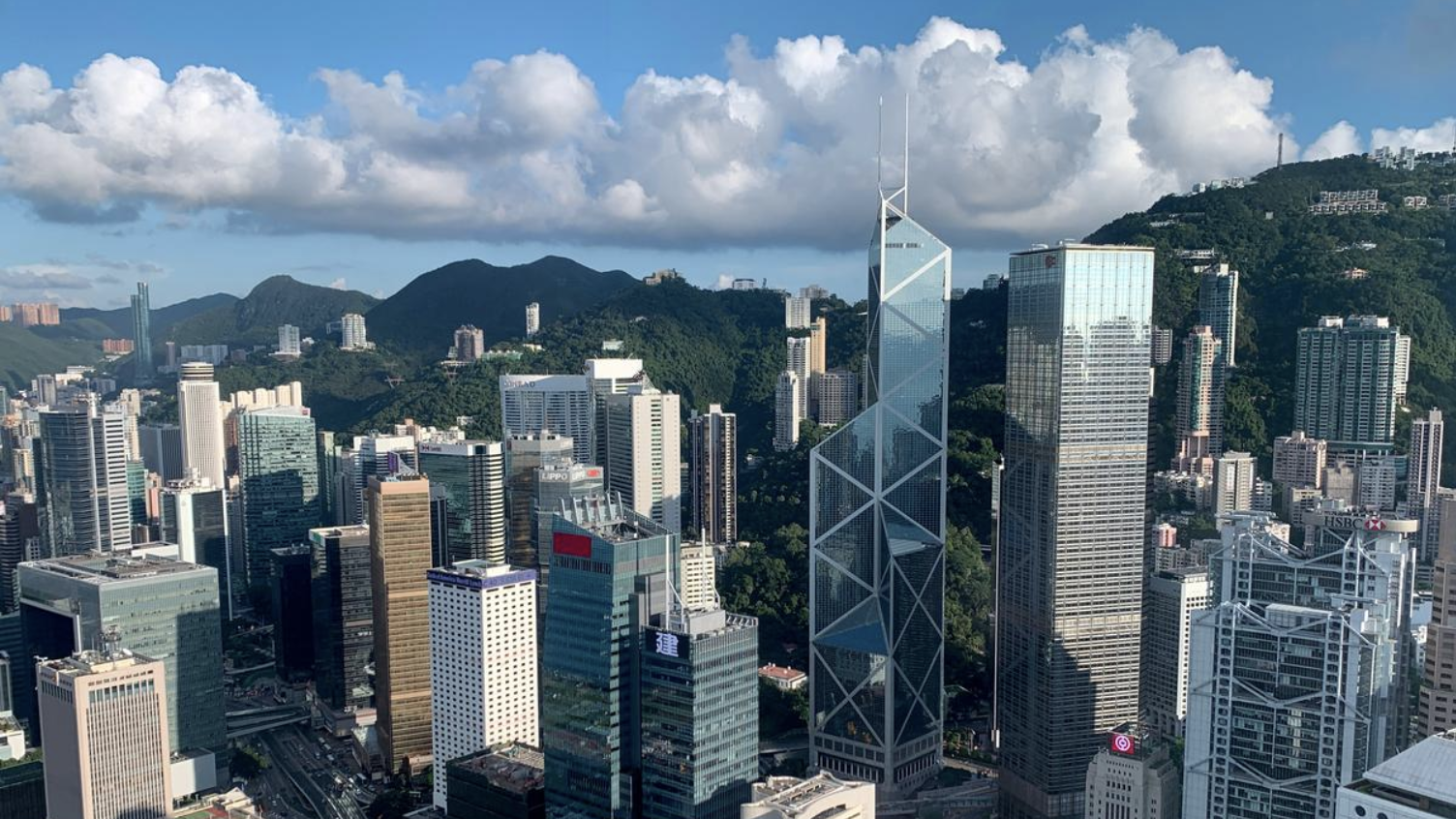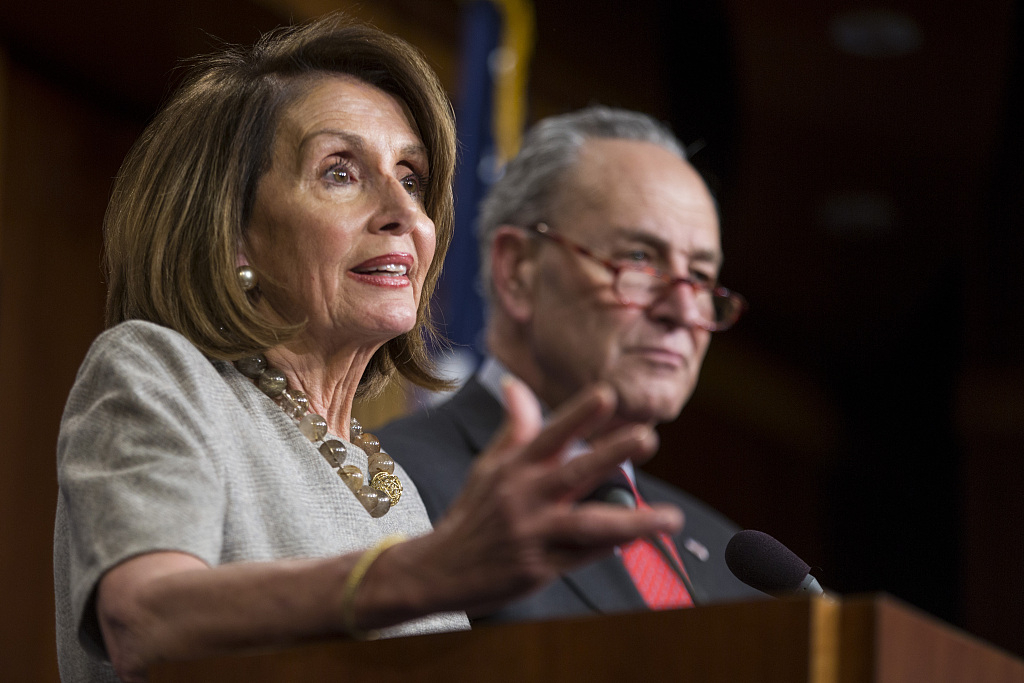
The Hong Kong Special Administrative Region, China, November 24, 2019. /Reuters Photo
The Hong Kong Special Administrative Region, China, November 24, 2019. /Reuters Photo
Editor's note: Zhu Zheng is an assistant professor focusing on constitutional law and politics at China University of Political Science and Law. The article reflects the author's opinions, and not necessarily the views of CGTN.
The Hong Kong Democratic and Human Rights Act has been signed into law by U.S. President Donald Trump. The law comes amid nearly six months of social unrest in the city, and it, therefore, would conceivably fan the flames and deepen divisions between different groups in Hong Kong. It will further put pressure on the U.S.-China relationship, which is already strained by an ongoing trade conflict.
In response, China's Foreign Ministry announced on December 2 the decision to suspend reviewing applications to visit Hong Kong by U.S. military ships and aircraft, and promised to take action against several U.S. NGOs heavily "supporting riots to engage in extremist, violent and criminal acts."
In light of the current logjam, the only sound approach is to offer an explanation to how we have arrived at our present state by looking into the provisions of the act. Without understanding the content we have no hope of grasping the present predicament.
Overall, the purpose of the act is to decide whether Hong Kong would continue to qualify for favorable trading terms with the U.S. and whether officials considered responsible for violating human rights would be subject to sanctions and visa bans.
The U.S. would make the decisions based on reports by various departments, assessing the political developments in Hong Kong. As an amendment to the previous Hong Kong Policy Act of 1992, it still contains legal ambiguities that remain unclear.
Pursuant to Section 7, the president is obliged to impose sanctions on people he determines responsible for violations of human rights in Hong Kong. The president has a duty to first report to the appropriate congressional committees to make the decision. It is therefore unclear whether the president's decision is substantial, or merely formative.

Speaker of the House of Representatives Nancy Pelosi (L) and Senate Minority Leader Chuck Schumer (R) are strong supporters of the Hong Kong Human Rights and Democracy Act, but they also oppose U.S. President Donald Trump. /VCG Photo
Speaker of the House of Representatives Nancy Pelosi (L) and Senate Minority Leader Chuck Schumer (R) are strong supporters of the Hong Kong Human Rights and Democracy Act, but they also oppose U.S. President Donald Trump. /VCG Photo
A literal reading of the act would arrive at two contradictory conclusions. For example, Section 7(a) (2) of the act lays down that the president's decision is subject to the review of the congressional committees since according to the act, the president "shall" report to the committees.
However, the act in its Section 7(b) provides that "the president shall impose the sanctions with respect to each foreign person identified in the report," and it seems that the power to apply targeted sanctions remains in the hands of the president.
In other words, the provision perhaps indicates that even if there is substantial evidence of a person's violations, the president is empowered not to designate the individual as a human rights offender.
This reading is partially echoed in the waiver provision, which authorizes the president to waive the application of sanctions if he determines and certifies that such a waiver is in the national interest of the U.S.
Indeed, the paradoxical design unveils the tensions between the White House and Congress when it comes to dealing with diplomatic matters. More fundamentally, it arguably indicates that there is a certain cushion mechanism within the act which allows the Trump administration to threaten and make a deal simultaneously in the future.
This point is more clearly seen when timing is taken into account. Apart from the sunset provision (Section 7.h) specifying that five years after the date of the enactment of this act, any sanctions imposed shall be terminated, there are so many articles leaving discretionary powers for the U.S. to exercise that uncertainties are doom to follow.
For instance, the act stipulates that "not later than 180 days after the date of the enactment of this Act" and "not later than 30 days after the President determines.." – It appears that at any point in the very periods the President and Congress can keep silent or make a move, which are, in a sense, necessary ambiguities for diplomatic and political calculations.
Regardless, it would be intriguing to see the act implemented, as it will not only expose the wrestling between the White House and Congress but also shine a light on the legal and political stance towards foreign affairs adopted by Washington.
(If you want to contribute and have specific expertise, please contact us at opinions@cgtn.com.)